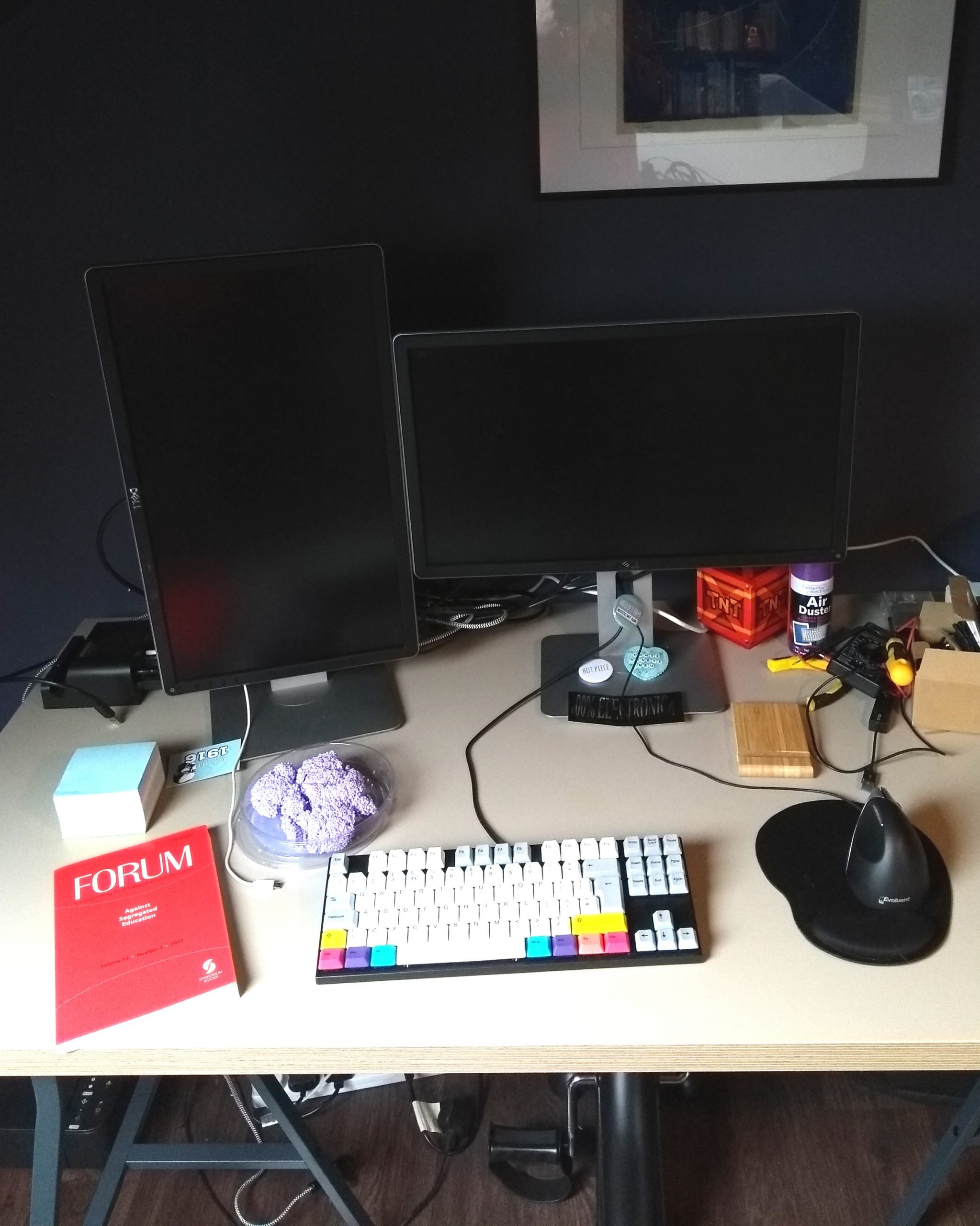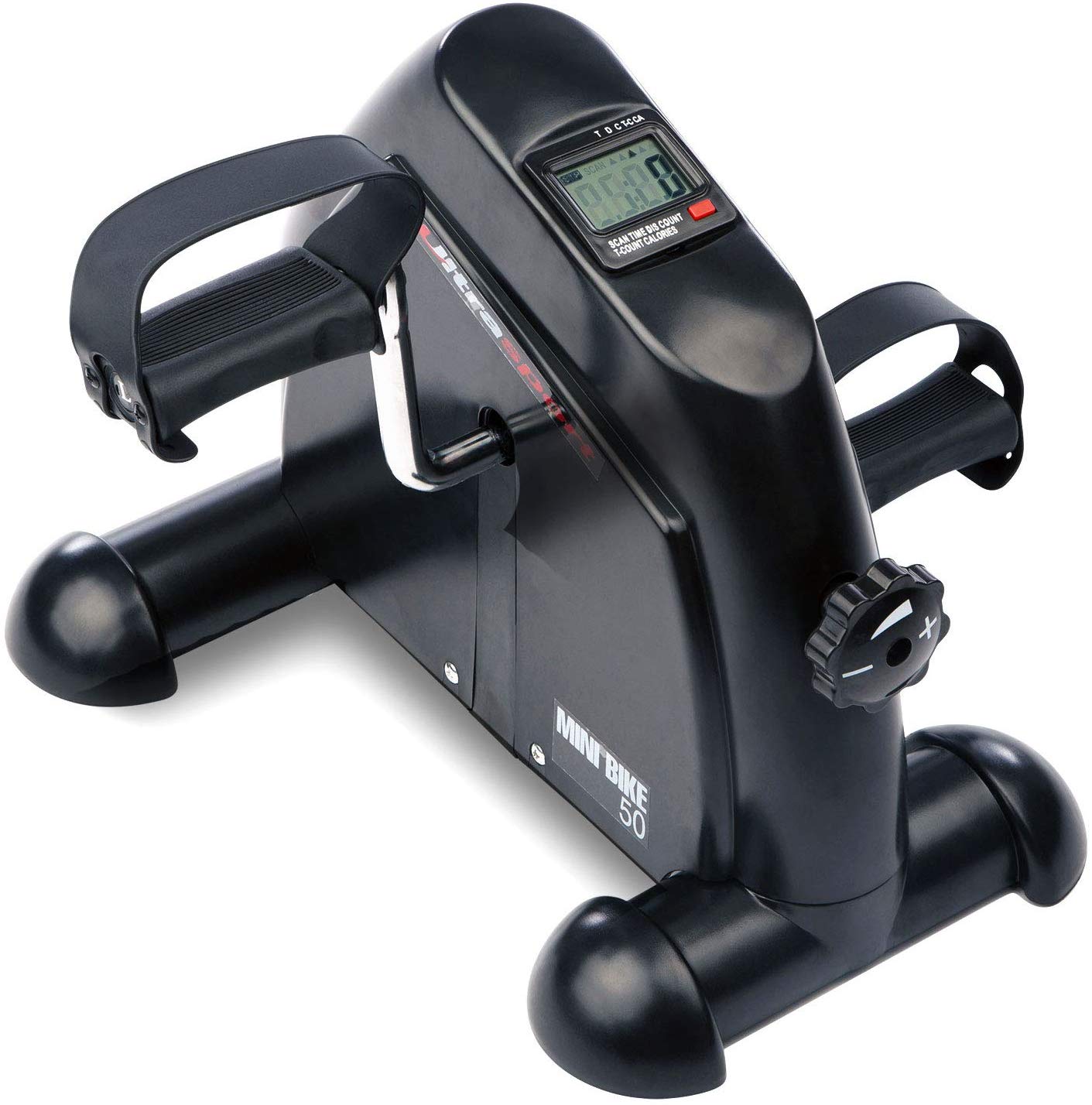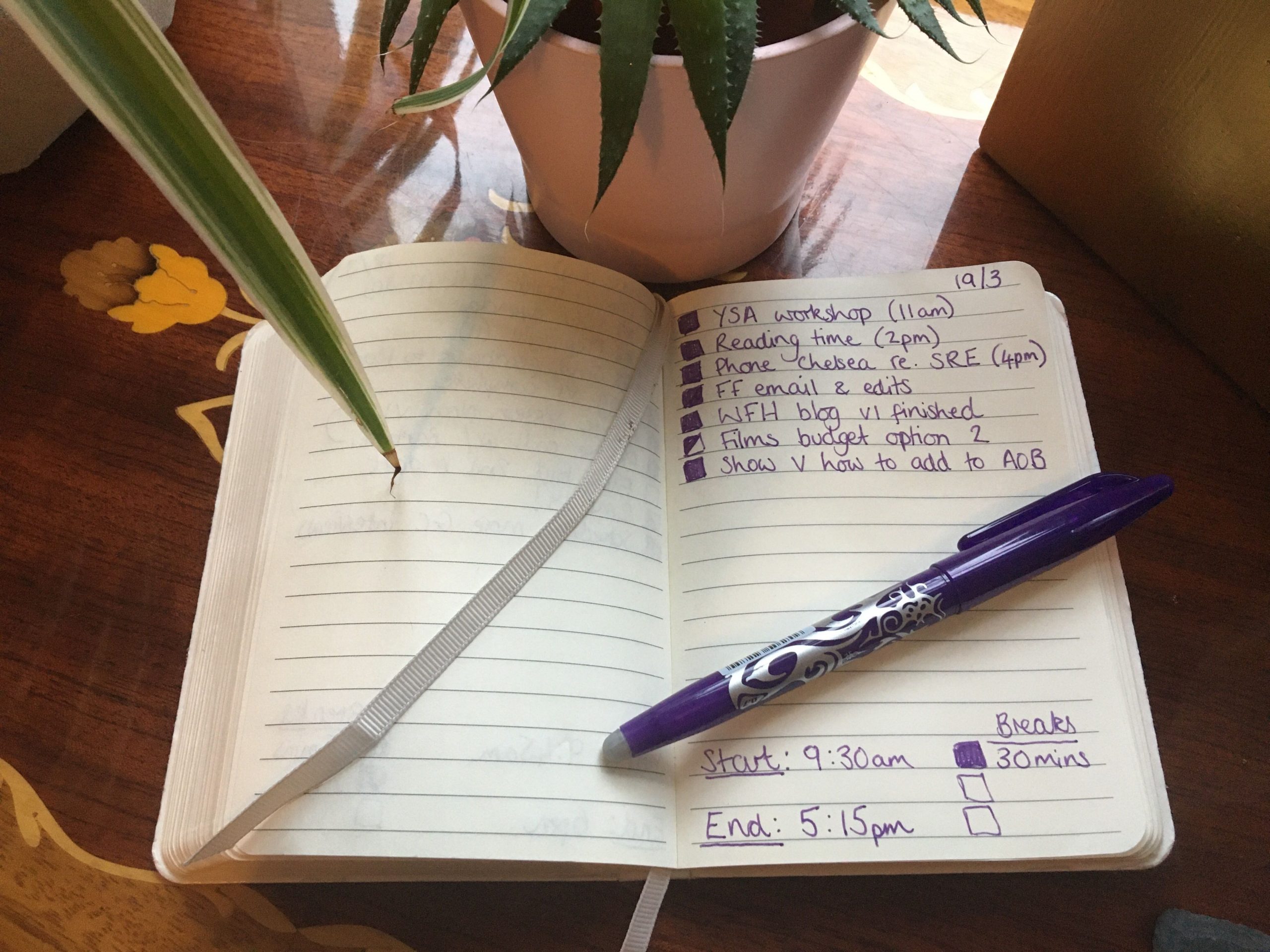Working from Home: the ADHD Experience
by Phil Yeeles
20th March 2020
By Phil Yeeles and Abi Angus
This week marks Neurodiversity Celebration Week, as well as a big step up in COVID-19 prevention strategies across the UK. Many of you will be adjusting to working from home for the first time, or getting used to a big increase in working from home. It feels like a great time to share some of the strategies used by neurodiverse members of our team to effectively work from home. Although we’ve written this from this perspective, we hope it’s useful to everyone.
Working from home can be hard, not least because most of us are used to relaxing at home and working at, well, work. Attention Deficit Hyperactive Disorder impacts on ability to regulate attention, short-term memory, and executive function; all things that are key to planning, organising and completing tasks. This presents some additional challenges when working from home!
We really enjoy our remote set-up; it allows our relatively small team to cover different regions of the country, and stops us from being too London-centric. Although it can take some getting used to, working remotely has given us the opportunity to adapt and find strategies that allow us to thrive in our work environment. Over the last year or so we’ve tried out a range of tactics and found a few that work for us, so we present:
Phil and Abi’s Guide to Wrangling Your ADHD Brain into Actually Getting Some Work Done from Home
Struggles
Abi: For me, avoiding distractions is the hardest part of getting used to working from home. In my first few weeks at CfEY, I found myself doing all sorts of things that weren’t work, from scrubbing the bath to practising handstands in the hallway. I’ve managed to create and maintain a routine that usually works for me, but there are some days where concentrating seems impossible. I’m still learning to not beat myself up when I feel like an afternoon is wasted, reminding myself that this isn’t a failure, and that instead of staring at my laptop I should go for a walk and come back to it later.
I’m still learning to not beat myself up when I feel like an afternoon is wasted, reminding myself that this isn’t a failure, and that instead of staring at my laptop I should go for a walk and come back to it later. Share on XPhil: For me, starting tasks can be really difficult. If it’s not something that immediately grabs my attention (and sometimes even when it is), it can be quite a hill to climb just to overcome that inertia. This also means that, if I’m interrupted, it can be a real pain to get going again as I have to climb that hill once again. Once I get going, though, I tend to hyperfocus, which comes with its own set of problems when we have to be flexible! Overall, though, I really value my ability to hyperfocus; it’s what makes me good at what I do. Delving deep into a single task lets me give the complex and nuanced topics we deal with on a daily basis the attention they deserve.
Strategies
1. Break down tasks
It can be difficult to know where to start on a bit of work, or the sheer size of a job can make it daunting enough that you find yourself hiding from it. Break it down.
When you’ve split up your tasks, reward your brain with short breaks between each task. Nothing big, just a chance to refresh your brain a little: stand up, make tea, reply to that text, pet the cat… If you’re having a fidgety day, listening to a physical tape or record can be quite good because it means that you have to get out of your chair to flip it over every 20 minutes or so. Whatever works for you – just make sure you pause!
2. Think about where you do your work at home
Abi: Office environments can be difficult for a wide range of people, so working from home is a brilliant opportunity to figure out what works for you rather than just trying to replicate an office. For me at the moment, it’s the corner of the sofa, next to the cat, with music on. While most advice for working at home recommends getting out of bed, I find sometimes working from bed for a few hours is easier than saying goodbye to the duvet.

Phil: I’m really easily distracted by certain things, so I need a balance between things that I can fiddle with when I need to and not things that will absorb me in something else. For me, that means I can’t work in the same room as a TV. I have a dedicated work area and it’s set up to accommodate the way I work. I have two monitors; one for tasks (writing, coding) and one for communication (emails, Slack messages). This set up means that I don’t lose my ability to communicate with colleagues when I’m hyperfocussing. I also like to keep a container of modelling foam on the desk so that I can fiddle with it when I need to think, and the office is also where all the musical instruments live, so I can noodle on those too, if I feel the urge.
If I’m having a hyperactive episode, I can feel an uncontrollable urge to move that can be really uncomfortable and distracting. To deal with this, I keep a pedal exerciser under the desk that I can use whilst working. If it’s a bad episode, I also keep a crosstrainer in the garage, which has really helped. This stuff doesn’t have to be expensive, either; I got mine from charity shops and Gumtree for almost nothing.
 |
 |
3. Keep regular work hours
Routines should be a useful scaffold for your day. Try to stick to a routine for your days, making sure that you factor in snacks and lunch (even when you’re lost in hyperfocus) and religiously switch off at a set time. An end of work day routine with activities to let your brain know it can stop thinking about work can be really useful – whether it’s dating shows, mindfulness or a glass of wine.
Remember that even if you really love your job, your health, your relationships and your home all need your attention too. It can be really useful to keep track of your hours, making sure that you stick roughly to what you’re contracted to and don’t end up accidentally working forever.
Abi: I often forget to turn off email and Slack notifications on my phone in the evening and at weekends, but this means I end up checking my emails whenever it makes a noise. What if this one is so important it can’t wait‽ Nothing is ever so important that it can’t wait; if it were an emergency, that person would have phoned or texted.
It’s not just about self-regulation, though; you also have a responsibility to your colleagues. Normalising a culture of overwork can create a toxic environment in which overwork is expected of everybody. Share on XPhil: This may be the Union rep in me speaking, but it’s always important to bear in mind that work should only happen during the working day. For me this is especially significant if I hyperfocus or struggle to regulate my attention, because it is very easy to just go, “Oh, I’ll just get that task done and then I’ll stop,” then it’s suddenly 10 p.m. and I haven’t eaten or seen my partner all day. It’s not just about self-regulation, though; you also have a responsibility to your colleagues. Normalising a culture of overwork can create a toxic environment in which overwork is expected of everybody.
4. Organising/planning out workload
It’s all about systems! Whether you use paper lists, bullet journals or Trello, get a system in place to a) keep track of your workload, and b) plan out when you’ll get things done.

Abi: I use Trello to keep track of tasks as they come in and sort them into ‘this week’ and ‘next week’ jobs. Then each morning I look at my ‘this week’ list and make a list of what I need to get done that day, any additional bits that I would like to do, and anything that has a specific time. This makes sure that I don’t forget tasks, but also have a bit of flexibility to shape my day how I want, as too much structure can be as bad as none!
Phil: I use Google Calendar to remind myself to do things, and I keep a plaintext file, todo.txt, that contains a list of things I need to do. If a task is finished, it gets removed from the list. Slack also includes a nice function to set yourself reminders, which is really useful when something comes up that you want to put aside for now, but don’t want to forget to do. I’ve tried bullet journalling, and found it quite helpful, but it does need a bit of work to get into the habit of keeping it up-to-date.
5. Use tools that work with you, not against you
Phil: I tend to have a lot of ideas, and find it hard not to hyperfocus on them as they arise. One thing that I’ve found super helpful is keeping a physical notebook nearby so that I can braindump into it when I need to. This means that my brilliant (read: ludicrous) design for a drum machine won’t be forgotten, but also that it won’t be what I spend the rest of the day (week, month…) working on.
Abi: Post it notes stuck on the wall to provide a visual timeline of the day can be helpful when you have a lot of things to do or specific appointments to work around. They can be readjusted if plans change and also gives the satisfaction of unsticking each note as you complete the task.
Phil: I write in plain text as much as possible. I find word processors to be quite distracting, especially when it comes to inconsistent page layout behaviour and formatting. Writing in plain text provides an almost completely distraction-free environment, and is easy to copy into a word processor when needed.
Abi: Video game music is designed to provide ambience without distracting from the task you’re trying to achieve, and so can be ideal when you’re working on something that requires concentration but not silence. I asked some friends for recommendations of great game soundtracks, it’s been good having some chilled ones and some truly epic ones to switch between depending on my mood.
Phil: Virtual desktops are amazing. If you haven’t seen them before, they essentially allow you to group windows together as if they were on separate monitors, and to switch between those groups, hiding the others. In other words, you don’t end up drowning in a sea of open, unrelated windows. I tend to have one ‘working’ desktop per project, a ‘communication’ desktop and a ‘crap’ desktop, for when I absolutely must go online and order five litres of isopropyl alcohol right now (which did actually happen this week).
Where we are now
While you might be working from home out of necessity rather than choice for now, this is a good opportunity to shape your work environment and practice around what you need. Offices don’t work for everyone; once you work out the systems that work for you, working from home can be great, regardless of how your brain is wired.

Comments